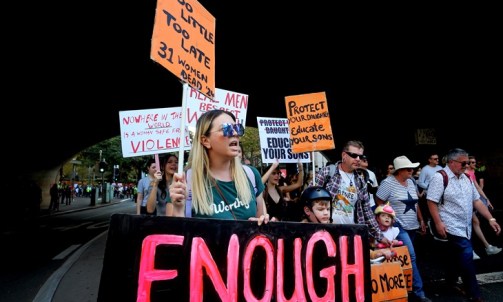Scott Morrison’s Liberals were absolutely thrashed in the Australian elections this weekend. The party’s vote collapsed, and there were big-name defeats, with the man touted as Morrison’s successor – Josh Frydenberg – ousted in Kooyong, a suburb which had been in the party’s hands for 121 years.
Whatever went wrong for the Morrison government, Saturday’s results might have relevance closer to home.
Already a subscriber? Log in
Subscribe for just $2 a week
Try a month of The Spectator Australia absolutely free and without commitment. Not only that but – if you choose to continue – you’ll pay just $2 a week for your first year.
- Unlimited access to spectator.com.au and app
- The weekly edition on the Spectator Australia app
- Spectator podcasts and newsletters
- Full access to spectator.co.uk
Or



















Comments
Don't miss out
Join the conversation with other Spectator Australia readers. Subscribe to leave a comment.
SUBSCRIBEAlready a subscriber? Log in